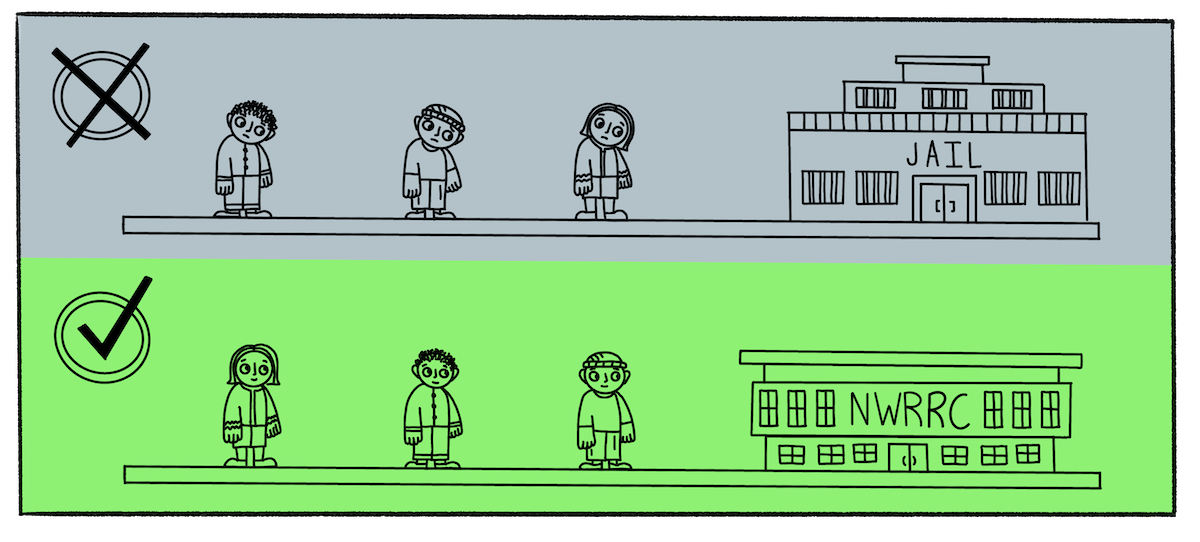The United States Senate confirmed Scott Pruitt as the 14th administrator of the Environmental Protection Agency on Feb. 17, 2017. The decision was 52–46 in favor of Pruitt, and while I can’t necessarily say that it was surprising to me—there have long been agendas to cut or “abolish” the EPA—it was extremely disheartening all the same.
To quickly bring you up to speed on the new head of the EPA, Scott Pruitt is the former attorney general of Oklahoma. As a registered Republican, his political positions include being pro-life, anti-Affordable Care Act, and against the federal court’s decision on marriage equality.
Notoriously, something else the newly appointed administrator of the EPA has been against is the EPA itself. No, really—Pruitt’s own bio on the Oklahoma government’s site describes him as “a leading advocate against the EPA’s activist agenda.”
If that alone wasn’t enough to disqualify Pruitt as the EPA administrator, the baggage should have only finished the job. Pruitt has not only sued the EPA several times, he is also very close with oil and gas companies. In late February, the Oklahoma attorney general’s office released over 7,500 emails and records revealing Pruitt’s coziness with oil and gas companies and lobbyists—including the Koch brothers—and confirming his comfort with cutting environmental regulation.
Pruitt’s nomination and appointment isn’t the Trump administration’s first attack against the EPA, and there will without a doubt be more to come. In late January, after the inauguration, the Los Angeles Times reported the Trump administration ordered a media blackout at the EPA and suspended all new business activities, including the allocation of new contracts or grants. More recently, the White House sent budget proposals that would help bolster military spending by $54 billion. To reach that new goal, cuts to departments like the EPA will be made. It should be noted the EPA only took up .02 percent of the federal budget last year.
Needless to say, the EPA is under attack and in trouble right now. This matters. The EPA works to regulate and enforce environmental laws. Although they have been frequently painted by politicians as an embodiment of bureaucratic regulations slowing down business expansions, those regulations are there for a good reason: They protect our clean air and water and hold corporations and companies responsible for their waste. This isn’t just crucial to the environment and animals; it’s important for keeping our own drinking water and air—basic human rights becoming more valuable every single day—clean and healthy. The EPA is also responsible for funding environmental programs, nonprofits, and educational institutions nationwide.
Thankfully in Oregon, we are lucky to at least have a few representatives who recognize the importance of the EPA—both Sens. Ron Wyden and Jeff Merkley voted against Pruitt’s appointment. But for my home state of Alaska, we haven’t been as fortunate.
Alaskan Sens. Dan Sullivan and Lisa Murkowski voted in favor of Pruitt. When I contacted their offices to voice my concerns, I received emails from both—neither of which gave me much confidence that my concerns were being addressed. In a 2016 campaign ad, Murkowski praised Pruitt’s commitment to “returning the EPA back to its original mission of safeguarding our nation’s environment.”
A misleading claim considering the EPA’s current mission is to protect human health and the environment. Sullivan, meanwhile, commended the former Oklahoma attorney general in an email for how Pruitt defended his constituents and how he challenged “federal government overreaches,” citing the Trump administration’s new focus on “energy independence.” That is to say the administration’s new focus on coal and oil—the latter of which has ties and influence in both Alaskan and Oklahoman politics.
(I also want to point out that both emails sidestepped any of the concerns I voiced about Steve Bannon, but that’s somewhat tangential for this topic.)
This is extremely frustrating. Any cuts to the EPA ultimately pull millions of dollars currently directed towards drinking water and wastewater in Alaska, particularly in native villages. According to Alaska Dispatch News, “Programs that could be significantly scaled back or altogether cut manage things like ‘village safe water, wastewater infrastructure, rural sanitation, brownfields, air, water, pesticides, drinking water, remote maintenance workers,’ and coastal grants.” This is a serious problem.
And I haven’t even brought up climate change yet. Scott Pruitt has long been a climate change skeptic and just recently made some statements where he questioned the influence of carbon dioxide on climate change, which goes against an incredibly large amount of scientific evidence in favor of the release of CO2 being a major factor.
The EPA is an important federal department that helps many different states in terms of funding and environmental protection. The protection of our environment—from the protection of water and air quality to dealing with climate change—should not be a partisan issue. It should not be a state issue. It’s a global issue, and we need to take responsibility as global citizens. The EPA is too important to be cut for any sort of corporate or military gain. We should protect the EPA as much as the EPA protects our environment.






